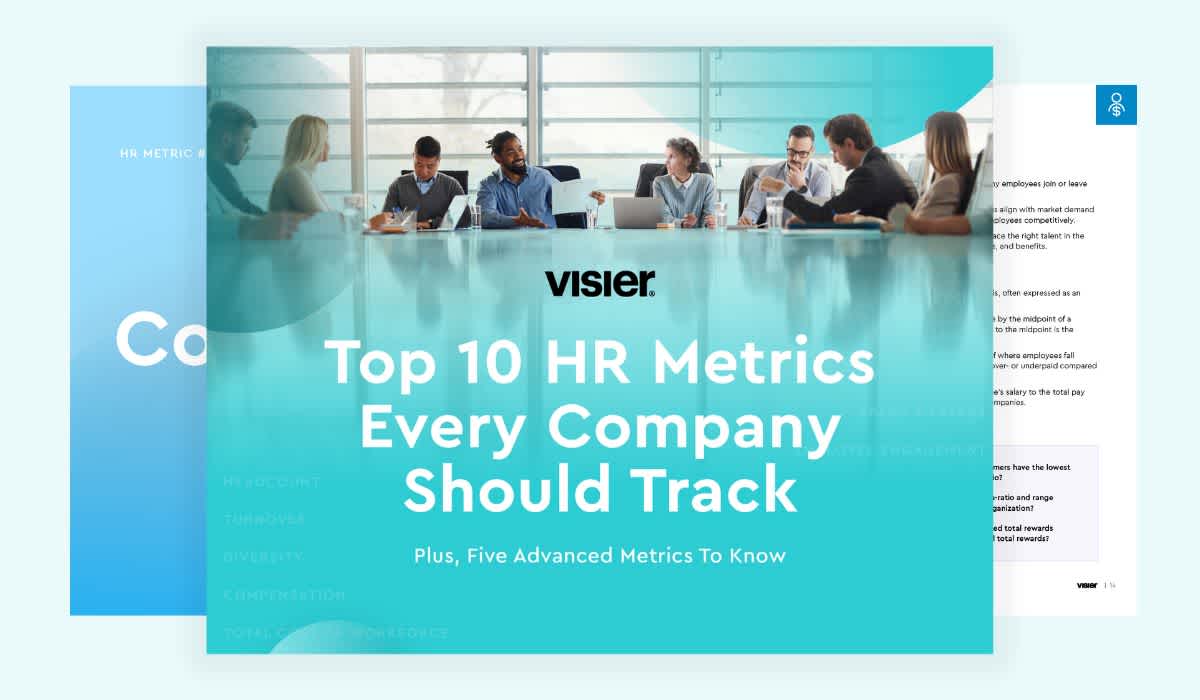Transformational Leadership in Pandemic Times: 3 Management Strategies to Stay Agile
True transformational leadership will demand new ways of thinking about how to manage employees. Here are three management strategies to adopt.

The key to disaster recovery is returning to business as usual as soon as possible, sure, but to be successful a major helping of transformational leadership is necessary. Prescient leaders may have seen how COVID-19 would impact a few weeks before everyone else did, the global pandemic forced the entire world to rapidly change how business was done. Lockdowns and other public health decrees forced businesses to switch to remote or hybrid work and in some cases furlough employees or conduct massive layoffs. Businesses that couldn’t adapt quickly enough shuttered.
Now that we’re entering the third year of this pandemic, some leaders long to go back to the way things were before. But when an event as world-changing as the coronavirus pandemic comes along, there’s no going back. True, workers have more power now and have come to demand the temporary hybrid or remote work model become permanent. But this is just part of the story; Millennial and younger generations rise in importance as Boomers retire by the millions. The world itself has changed, and organizations who want the agility to handle the next unforeseen crisis will need to develop completely new management strategies.
What are these management strategies? True transformational leadership will demand three different ways of thinking about how to manage employees.

1. Managing for outcomes, not output
When you think of leaders, do you picture someone in a suit leaning over an employee to make sure they’re getting their work done? Or do you think of a coach who helps players build the skills they need to think fast on their feet? Since the industrial revolution, improving work has been about streamlining processes and reducing inefficiencies to maximize output. Chris Havrilla, VP of Tech & Advisory at Deloitte explains that this is an outmoded way of thinking because we are no longer in a world that’s routine and linear. For better management strategies, “It’s not about output all the time: It’s about outcomes. Work is more than a set of activities. It’s ways in which people are creating and growing and innovating to create value-based outcomes.”
How do you rethink work to create outcomes rather than output? You start by rethinking what transformational leadership means. Ian Cook, Vice President of People Analytics at Visier, explains that saying to employees, “what is the best way to get this done”’ instead of, “what are you going to do?” will focus effort on the outcome, instead of the output. “If I’m supposed to be in control, it’s all about who’s gonna do what,” he says. “But if my job as a leader is to achieve a greater purpose—not to check off that task A is done—the next enabling question is ‘what do we need to do to get this done’?”

Watch the full on-demand webinar with Deloitte here.
2. Driving employee engagement through passion
Michael Griffiths, Workforce Development Practice Lead: Principal at Deloitte agrees that the role of a leader is not necessarily to drive work outputs. A better management strategy is engaging the workforce in order to drive passion that enables the best possible outcomes. For transformational leadership, the next questions would be to ask about the most fair and equitable way to get the desired outcomes.
Questions for transformational leadership
Am I being fair and equitable?
Am I driving that through the organization?
Am I powering others to bring that to the workforce?
Am I driving that passion?
Am I keeping pace with this evolving world?
Am I moving the organization forward or just driving the workforce?
True agility doesn’t come from a hierarchy: One key insight from Deloitte’s research revealed 80% of executives think that leadership readiness will be the biggest barrier to the necessary evolution. Work is more than a set of activities; it’s all the ways in which people are creating and growing and innovating to create value-based outcomes. Chris explains, “We don’t have all the answers, but we know what questions we should be asking. We should be becoming experts on knowing what questions to ask. It’s not activity and tasks, it’s about flow, work based on outcomes. It’s increasingly workgroup oriented and fluid.”
3. Transformational leadership through predictive data insights
Companies don’t exist in a vacuum, and knowing what’s happening in the world is crucial. A reported 86% of survey respondents expect CEOs to speak out about societal challenges such as job automation (51%) and the pandemic (59%). Preparing for the future and being ready for the next major disruption will require all hands on deck. Success comes from empowering employees with the autonomy needed to innovate and most effectively achieve business outcomes. Company culture isn’t something imposed top-down with phrases on a wall, rather it’s a pervasive attitude which already exists. Good leaders know how to listen to it by paying attention to signals. The best management strategies for maximum agility means asking yourself what’s possible to achieve with data. “We built the trends report based on planning. We can take the trends data and plot it, and say ‘What signals do we pay attention to?’ That’s the heart of agility,” Chris says.
Being able to sense where things are going and know how to prepare has huge implications. No business exists without people. The smart way to use data is not to tell us what the answers are, but to help an organization think about where they have to go. This new era of work is an opportunity for HR leadership to expand their influence by using data to understand what’s happening. For transformational leadership, listen to the signals and prepare for the unexpected.
On March 17, join Visier, Deloitte, and leaders from Providence and Protective Life Insurance Company for a discussion on how they distributed people data to people managers for improved decision making at every level. Sign up for the webinar here.


